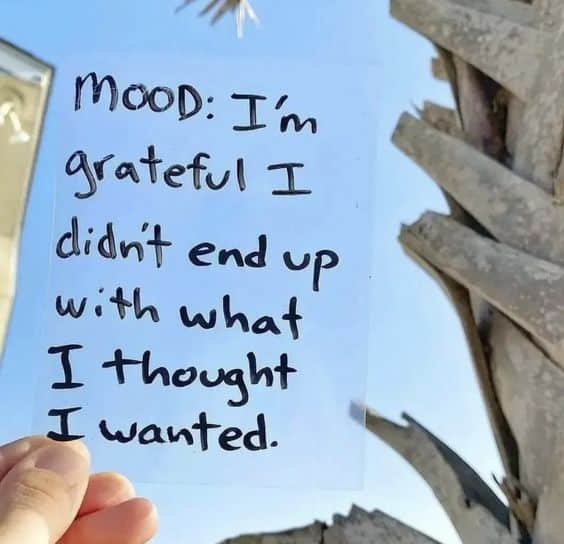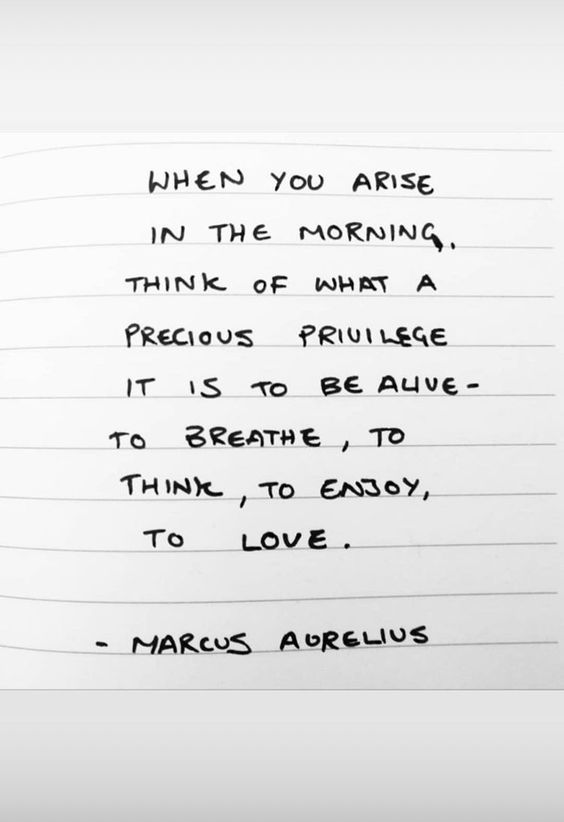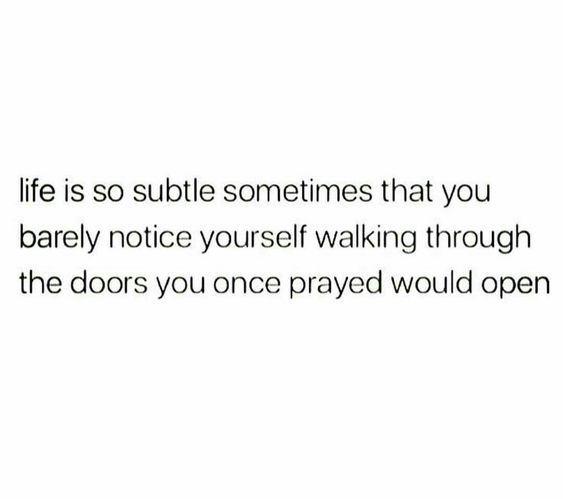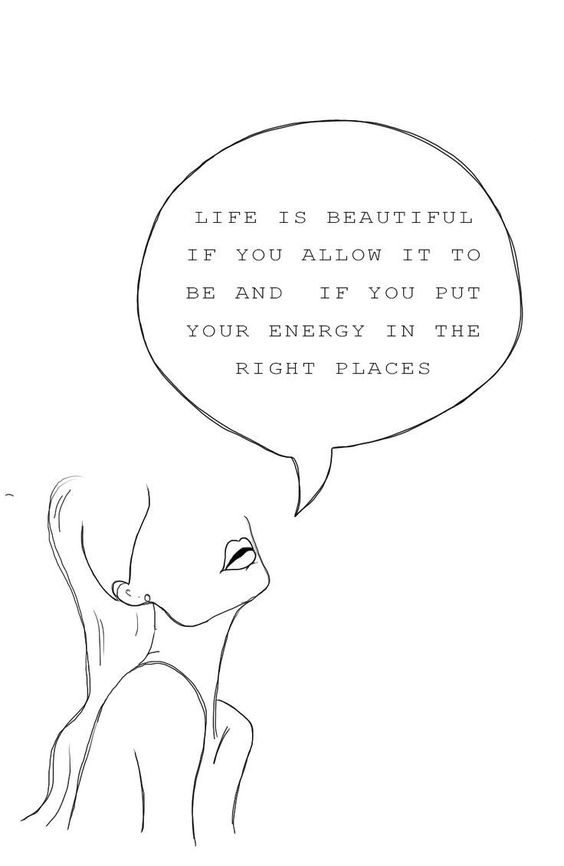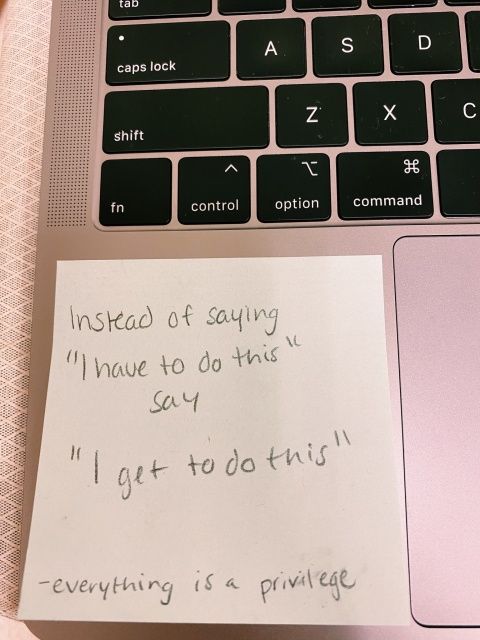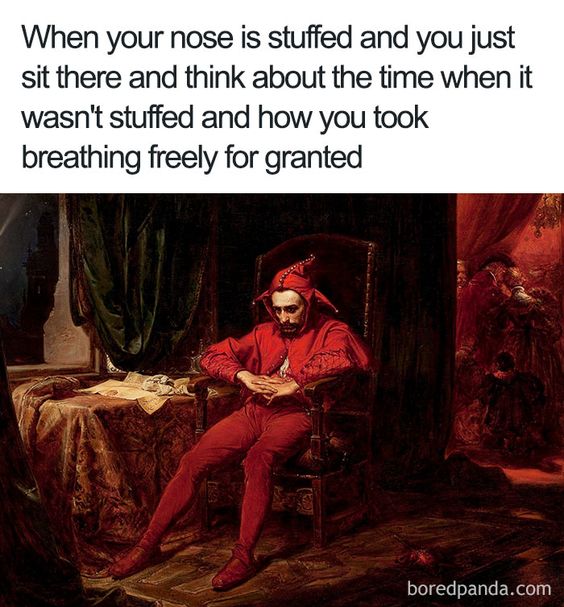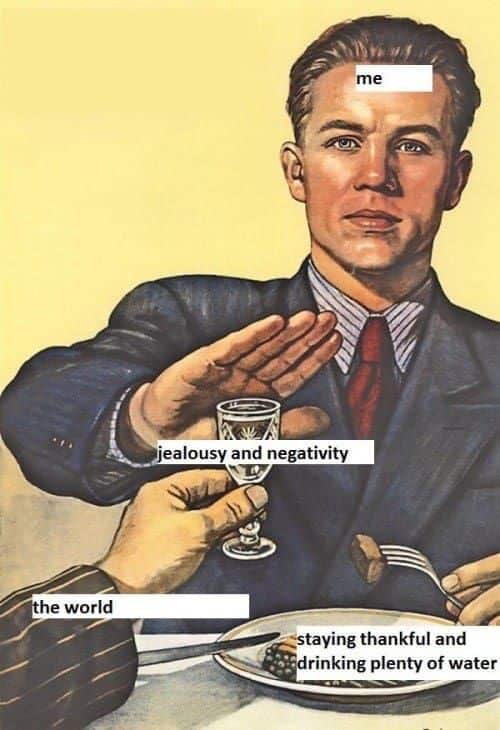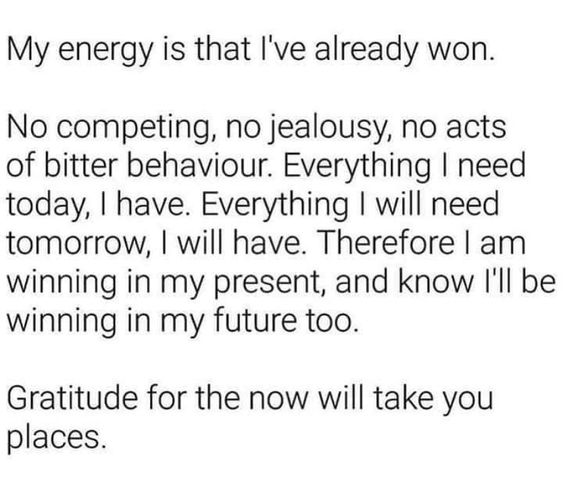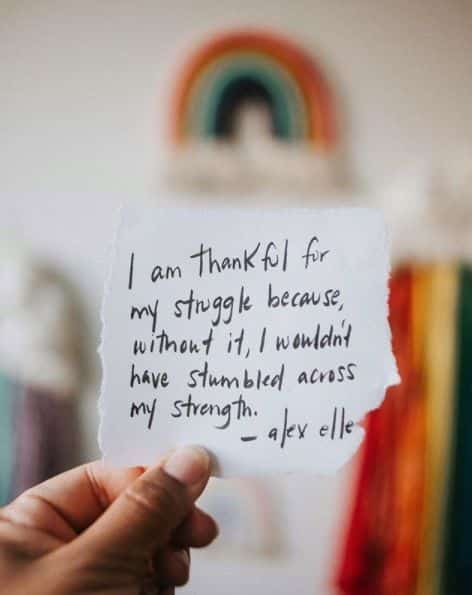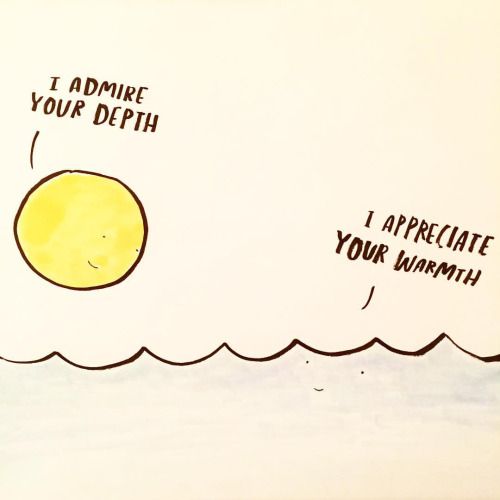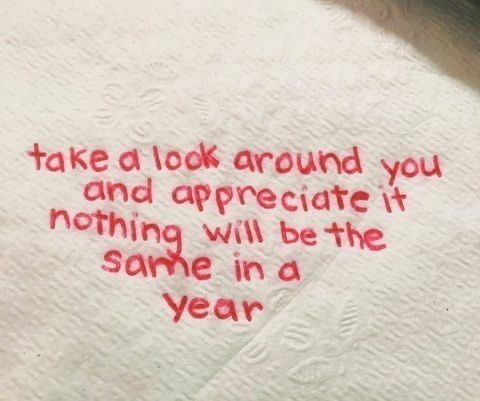“Feel as grateful to existence as possible—for small things, not only for great things… just for sheer breathing. We don’t have any claim on existence, so whatever is given is a gift.”
Osho, Everyday Osho (Page 6)
“Imagine you were now dead, or had not lived before this moment. Now view the rest of your life as a bonus, and live it as nature directs.”
Marcus Aurelius, Meditations (Page 66)
“Do not dream of possession of what you do not have: rather reflect on the greatest blessings in what you do have, and on their account remind yourself how much they would have been missed if they were not there. But at the same time you must be careful not to let your pleasure in them habituate you to dependency, to avoid distress if they are sometimes absent.”
Marcus Aurelius, Meditations (Page 62)
“The Grateful Flow is not the things you’re grateful for. The Grateful Flow is the process of creating these things. So close your eyes. Now, what you want to do is you say two or three, at most four, things you’re grateful for. The smaller the thing, the better, because it forces you to concentrate gratefulness. You wanna do it nice and slow. You want to feel the gratefulness. The next thing you do is you feel that you’re going to create another grateful thought, but you don’t. You block it. So all you feel is the force that would create a grateful thought, and as it gets stronger and stronger, you feel taken over by it. That’s the Grateful Flow.”
Phil Stutz, Stutz
“The sun is always up there. The cloud is always over here, blocking the sun. If you can’t break through, you think it’s a very bad day. In fact, you think it’s a very bad life. Part X wants you to have the negative flow, so it’ll create the cloud up there so you can’t see the sun. You forget that it’s actually sunny up there. The question becomes, ‘How do you penetrate the cloud?’ And the answer is, ‘With gratefulness.'”
Phil Stutz, Stutz
“We can never handwrite the same message twice. Every crease and every accidental fold of paper serves as the most unique canvas for our words. The ink filling our inscriptions will never behave exactly the same way in a single letter written twice. The way we hold our pen may change, even if ever so slightly, from one word to the next. Each and every squiggly line is one of a kind and our longhand note may never really be replicated. This unwritten poetry that resides between the lines of our messages enhances our gift of words. If we want to make someone feel special, is there a better way than to offer them something only they will ever have?”
Kinga Lewandowska, Intelligent Change Blog
